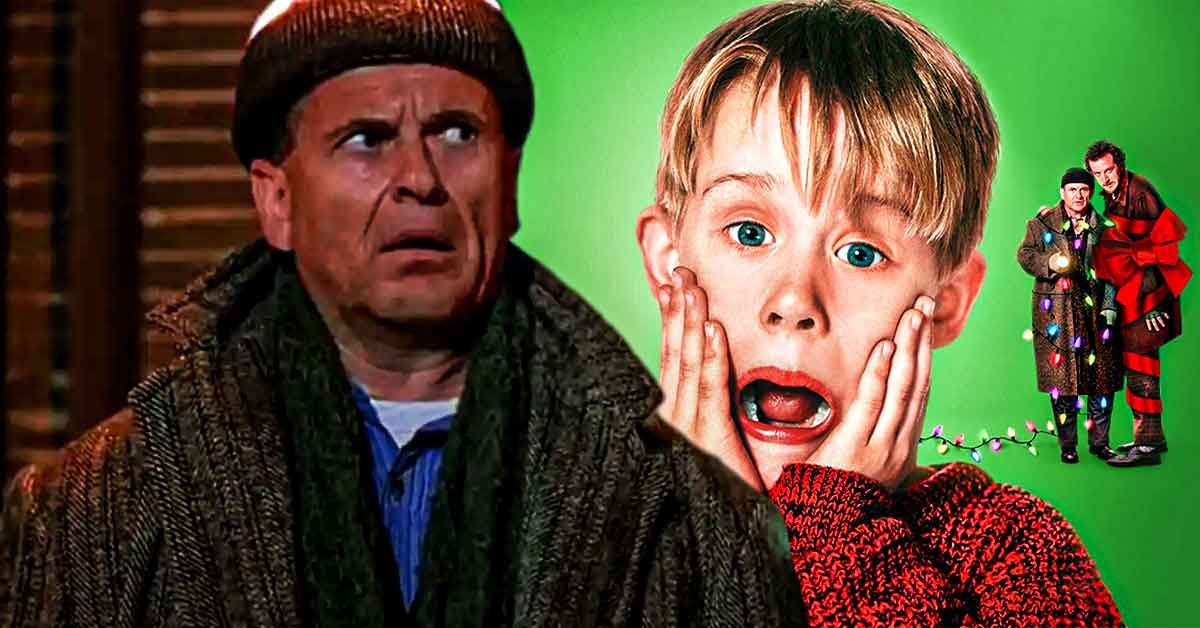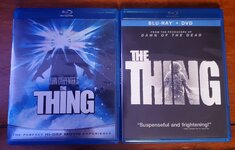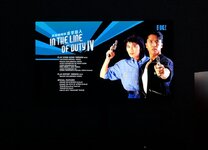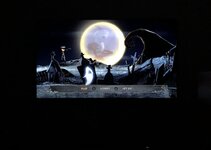The Denmarkian Wonder
Well-Known Member
That's funny that the gibberish wasn't in the script but just him trying not to cuss.Funny you say that

Joe Pesci Made Up His Own Language After Home Alone Script Wouldn’t Allow Him To Say His Favorite Curse Word
Shooting Home Alone was a major challenge for Joe Pesci, had to invent his own language to avoid saying his favorite curse words.fandomwire.com
You can see it a few times where he's really struggling to not go full-on Tommy Devito haha




